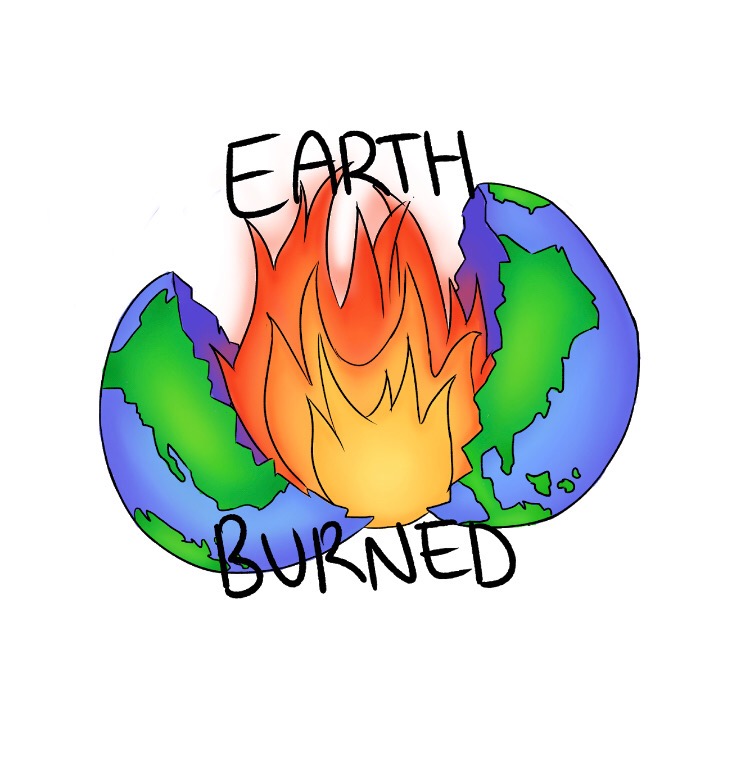Activism Alliance Fundraiser - Ocean Environmentalism
- Earth Burned
- Dec 26, 2020
- 2 min read
By: Kruthi Kannajoshyula
There are 5.25 trillion pieces of plastic debris in the oceans across the world! 269,000 tons of it float on the surface, while the rest sinks to the deep sea. This might not seem like a huge problem, when it comes to humans, but for sea creatures, it costs their lives.
Trash travels throughout the world’s rivers and oceans. It accumulates on beaches. These plastic debris harm the habitats of 228,450 sea creatures and possibly more. It also transports chemical pollutants that threaten aquatic life, and even interferes with human uses of the river, and other coastal environments. In an article in ABC News, Dianna Cohen, CEO of the Plastic Pollution Coalition told ABC News that, “There's so much plastic in the environment at this point, it's in the water we drink, much of the food we eat and even the air we breathe," Hocevar said.” Much of the plastic in the landfills gets carried away by the elements. Majority of it ends up in the oceans.
More than 800 species of marine animals are affected by plastics. The entire marine ecosystem is now contaminated. Especially creatures like sea turtles and whales are affected by this. They wash up on the shores dead, with their stomachs and throats containing plastic. This has been a recurring and a common situation.
You might think this is bad, but the worst is yet to come. This was all, of course, before COVID-19. Ever since the pandemic began, the scientists have seen a dangerous spike in the amount of plastic in the oceans. The new problem comes from the masks. Although masks are important to wear, many have been ending up in the ocean. The global pandemic leads to the use of 129 billion face masks and 65 billion gloves every month. In Switzerland, masks and gloves cover the entire landmass. This increases the risk of fish and other marine life getting entangled in the trash; which can lead to death.
That’s not all, the recycling systems around the world are starting to break down because of COVID-19 budget strains. So, all the extra plastic ends up in the landfills. Also, the lack of active volunteering in the organizations has left the oceans unclean.
Keeping the plastic out of the oceans would only be possible when the politicians and the leader of the world work together with environmental scientists to make policies for a healthier environment. Organizations like Surfrider Foundation and Oceana, help clean up the oceans everyday. These are just two of the many non-profit organizations trying to make our world a clean place.
You can help by donating and volunteering at a local organization, with COVID guidelines. Simply picking up all your trash and plastic, before you leave or throwing the plastic in the recycling bin can make a huge difference. Rethinking the way you use and reuse plastic can help keep our beautiful planet clean.







Comments